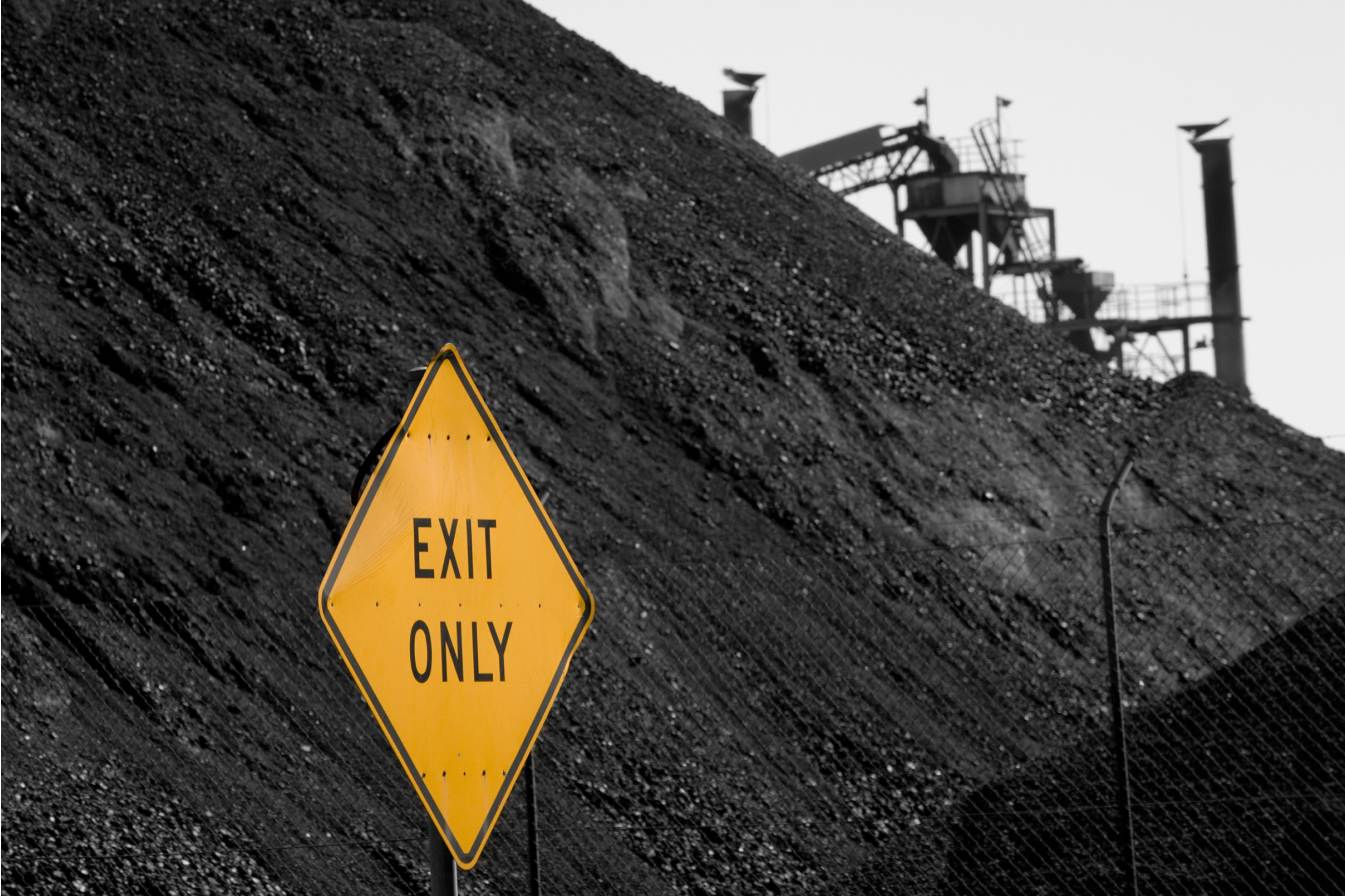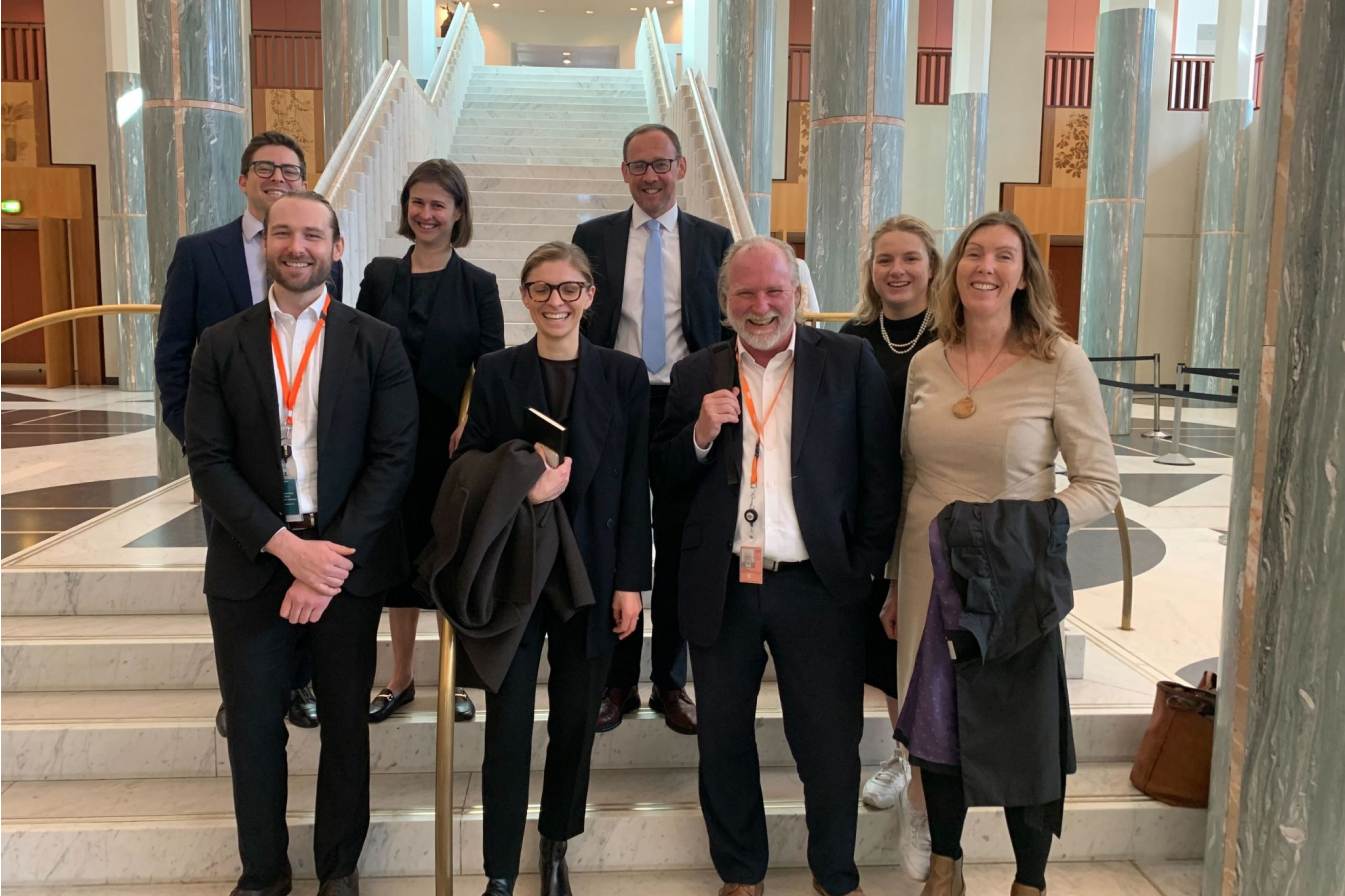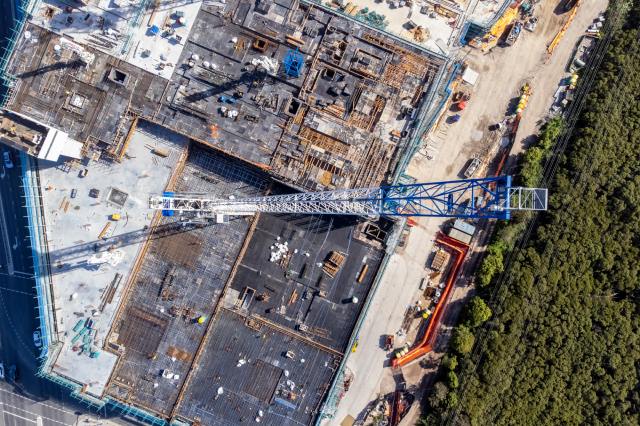Taking on climate risk in Canberra
Moving the needle on climate change in line with our global commitments won’t be easy, but we think we’ve got a big contribution to make as Australia’s leading ethical investment manager. We were in Canberra recently talking to politicians about how we can make it happen.
One of the barriers standing between us and limiting warming to 1.5 degrees is that companies aren’t transparently reporting their contributions to global warming. They do it voluntarily, disclosing the parts they want to talk about, so it’s hard for anyone to really know if they’re investing for the future or not.
Because there’s no proper accountability, we’re witnessing first-hand companies putting off their carbon reduction plans. This is setting us back as a country, but also putting investors at risk.
We think a lot of investors aren't paying attention to the risks of climate change, they're not taking seriously how quickly this transition will have to happen.
We sent our senior ethics analyst Persephone Fraser along to represent us in Canberra in September as part of a delegation from the Investor Group on Climate Change (IGCC).
Persephone had face-to-face discussions with the offices of a number of key politicians on all sides of politics, including the Prime Minister and Cabinet, Treasury, opposition leaders and independents.
Persephone Fraser (front, center) alongside Erwin Jackson, Director of Policy at the Investor Group on Climate Change (IGCC) at Parliament House in Canberra in September discussing climate change and climate disclosure with key politicians.
We think a lot of investors aren't paying attention to the risks of climate change, they're not taking seriously how quickly this transition will have to happen.
People and policy powered advocacy
Following the meetings, we’re optimistic about what we can achieve when we combine our engagement with companies, our discussions with politicians and our influence more broadly in the public positions we take on exclusions and divestments.
We see an opportunity for influence combining our policy advocacy with our public positions on issues, but we know it won’t be straight forward and will require continuous effort.
Our takeaway from recent discussions with politicians is there’s appetite in Canberra for investors to stand up and agitate for policy to push companies and individuals to do more on climate and reduce emissions.
Following these engagements, we believe one of our best pathways is to provide rational, economic arguments that support increased climate ambitions from government, to reduce the costs of warming on the economy
New mine approvals and extensions
Progress towards our climate goals won’t be linear, with cost-of-living pressures and rising inflation factoring into the public discourse. Additional renewables in the grid will only serve to reduce household energy costs.
Recent extensions and approvals for mines and fossil fuel projects appear to be in direct conflict with the clear guidance groups like the International Energy Agency have provided that there can be no new fossil fuels if we are to reach our net zero by 2050 goal and limit warming to 1.5 degrees.
The government’s own Intergenerational Report highlights the need for the mix of resources produced by Australia’s mining sector to change significantly in coming years.
As our export markets turn away from fossil fuels, we run the risk of being left with fuels no one wants and can't be burnt if we're to limit warming to safe levels. Our economy requires us to be moving away from fossil fuels and expanding into transition minerals, for our economic prosperity as well as for the climate.

As our export markets turn away from fossil fuels, we run the risk of being left with fuels no one wants and can't be burnt if we're to limit warming to safe levels.
Our ethics team does a lot of work to analyse how prepared companies are for transition. We're doing the hard work of assessing these companies’ Paris alignment.
We believe that failure to plan for an orderly transition in line with our commitments will see assets stranded and peoples’ investments put at risk, not to mention the systemic impacts of warming on the broader economy.




